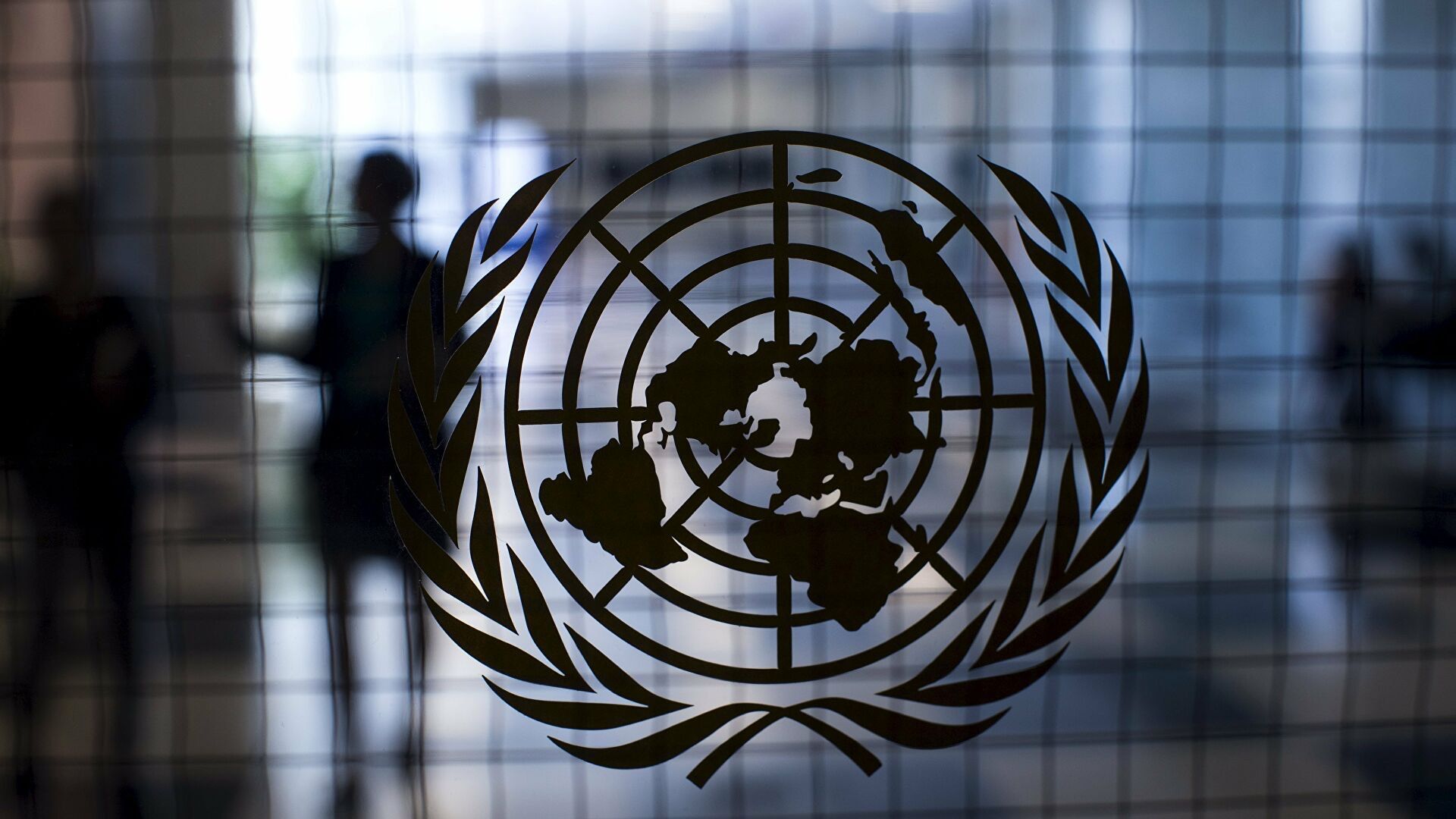The renewal of the UN Mission on Venezuela will be decided this month

The future of the UN’s independent international fact-finding mission on Venezuela, which has been investigating alleged human rights violations in the country since 2014, will be decided this month, at a particularly delicate time when, as activist Ali Daniels told Efe, “repression” has increased.
The mission, established in 2019 by the UN Human Rights Council, published several reports, including the one from 2021, where it documented – according to Daniels, director of the NGO Access to Justice – how “the Venezuelan justice system” is responsible for “collaborating with repression.”
The activist said that “if the mission was justified before, it is even more so now.” He recalled that the government expelled the office of the High Commissioner for Human Rights in February, so the group is the “only” international group with a “clear mandate” to monitor the situation.
Following the elections, protests broke out against the official result that granted re-election to Nicolás Maduro, after the opposition denounced “fraud” because it claims that its standard-bearer, Edmundo González Urrutia, is the winner, according to 83.5% of the minutes that it says it collected through witnesses and table members, documents that the government considers “false.”
Daniels warned that Venezuela is at “another peak” of “repression.” He recalled that the NGO Provea documented, between July 29 and August 13, a number of “arbitrary arrests” – which it estimates at around 2,400 – equivalent to 94% of those recorded between April and August 2017 during the anti-government protests.
Government criticism of the mission
Despite not being in Venezuela, the mission has interviewed victims via telematic means, said Daniels, who explained that the group collects “direct testimonies” about “violations” of human rights, and not through NGOs.
The government, which has called the mission “false and shameful” and claims that it “issues biased judgments,” criticised the group for issuing reports without being in the country.
However, the president of the mission, Marta Valiñas, said that they have not gone to Venezuela because the government “did not want it” and “did not allow it to happen.”
Despite this, the mission has investigated “arbitrary detentions,” “forced disappearances” and “torture,” among other human rights violations, and its reports, Daniels says, have been cited by the International Criminal Court (ICC), which is investigating alleged “crimes against humanity” in the Caribbean country.
The mission in the face of the post-electoral crisis
The group, which stated in its 2022 report that “Maduro and other high-level authorities (…) were the architects in the design, implementation and maintenance of a machinery to repress dissent,” recently demanded that the “repression” cease, and that the “deaths” – estimated at 25 by the Executive – during the post-election demonstrations be investigated.
Venezuelan prosecutors have said that none of the deaths are attributable to state security forces and have accused the opposition of generating “violence” during the protests, while Maduro blames González Urrutia for the deaths in this context.
The opposition, however, claims that members of the state security forces were responsible, and that they acted on orders from above.
Daniels says that not renewing the mission’s mandate “would be a sign that the United Nations is not appreciating, in its enormous dimension, what is happening in the country,” because he claims there is a “continuation of patterns” that the group has documented, such as “forced disappearances.”
Twenty Venezuelan NGOs said the mission “can play a key role” in the face of “generalized repression” following the elections.
On 19 September, the mission will present its fifth report to the UN Human Rights Council, which will decide by resolution whether to extend the mandate of this observer force.
Independent journalism needs the support of its readers to continue and ensure that uncomfortable news that they don’t want you to read remains within your reach. Today, with your support, we will continue working hard for censorship-free journalism!
